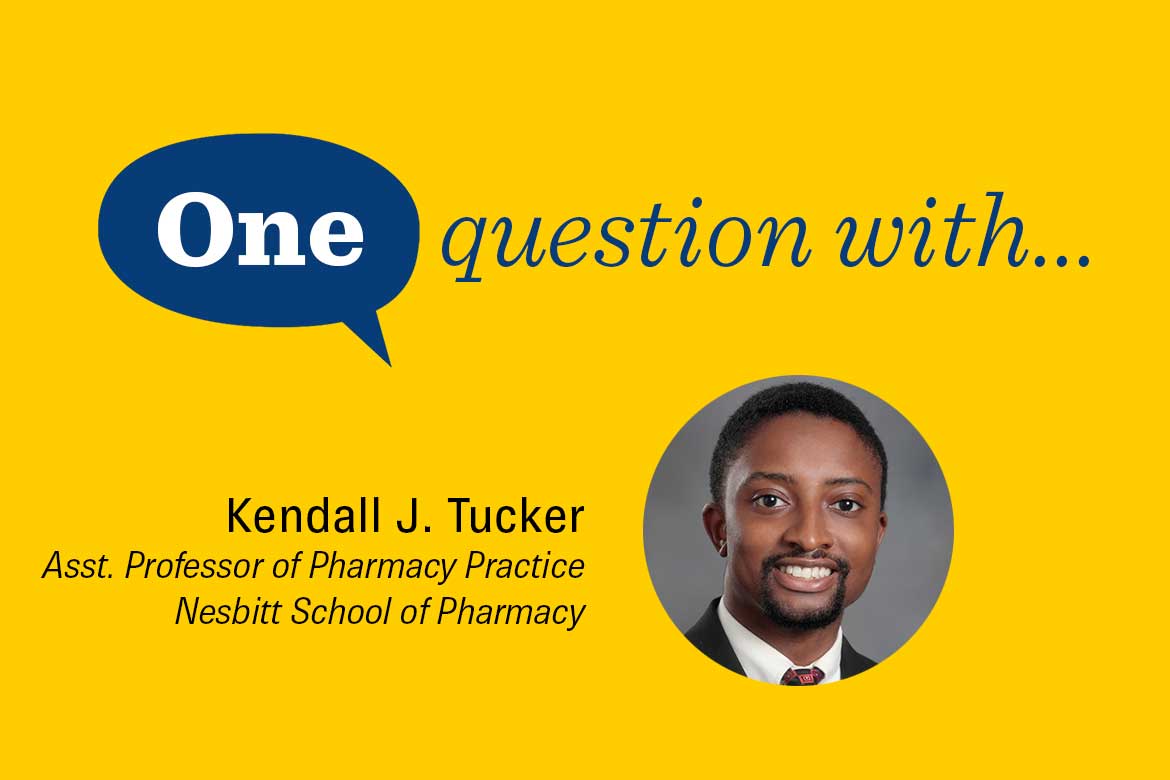The public has been exposed to many new terms during the COVID-19 pandemic. As case counts decrease, one recent discussion has been the meaning of “pandemic” and “endemic” and what does COVID-19 becoming endemic mean for our community. Before discussing this, it is important to understand a few definitions.
Endemic – the amount of observed disease that is usually present in a community – this can be seen as a baseline or expected level.
Epidemic – An unexpected (often sudden) rise in the number of cases seen in a geographic area or community
Pandemic – An epidemic which has spread over several countries or continents
COVID-19 becoming endemic would mean that we can expect to see a certain number of cases in our community at any given time. It does not mean that we should discontinue COVID-19 prevention strategies as endemicity only represents an observed level of disease and not the desired or ideal level of disease. For example, tuberculosis is endemic in many parts of the world yet kills nearly 1.5 million people each year. Efforts to reduce those numbers are ongoing and not affected by endemicity.
So, what does endemicity of COVID-19 mean for the general public? It means that we must continue to be careful – get vaccinated, isolate when sick and follow public health recommendations. COVID-19 is not done yet, as case counts drop it will require efforts from all of us to protect the most vulnerable members of our community.
“COVID-19 is not done yet, as case counts drop it will require efforts from all of us to protect the most vulnerable members of our community.”
Dr. Tucker
Dr. Tucker is a board certified pharmacotherapy and infectious diseases specialist with a master’s degree in healthcare informatics. Prior to joining Wilkes, he completed 2-year infectious diseases, epidemiology & outcomes research fellowship at Oregon State University & Oregon Health & Science University. Dr. Tucker completed PGY1 residency at the University of New Mexico Hospital and a PGY2 residency in infectious diseases at Novant Health Forsyth Medical Center in Winston-Salem and graduated from pharmacy school at the South Carolina College of Pharmacy, University of South Carolina campus. Dr. Tucker’s academic and clinical interests include antimicrobial stewardship, clinical decision support, quality improvement metrics and implementation science.
For media inquiries, please contact Gabrielle D’Amico, executive director of communications at gabrielle.damico@wilkes.edu.
